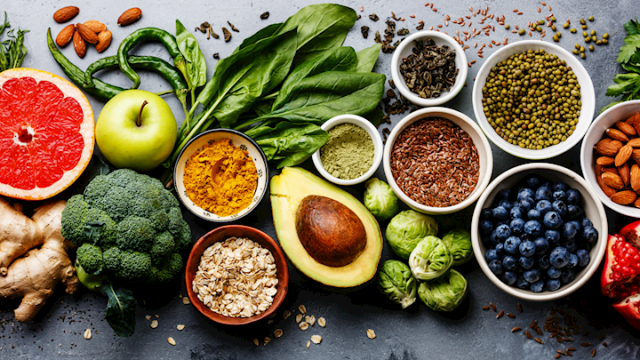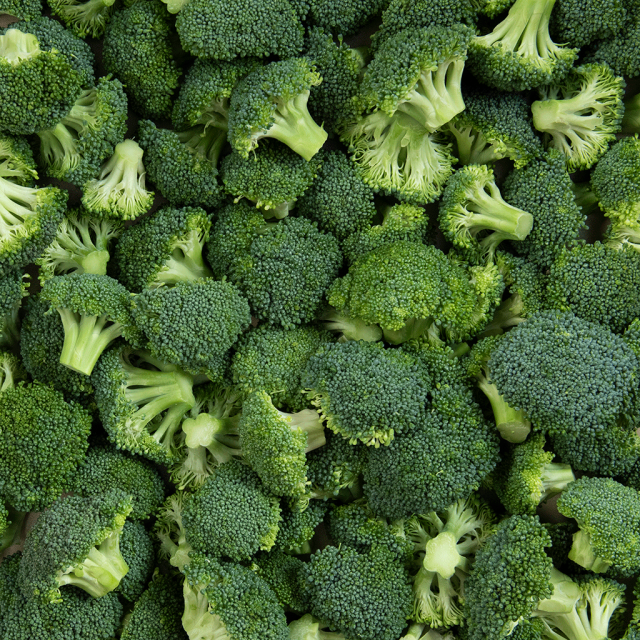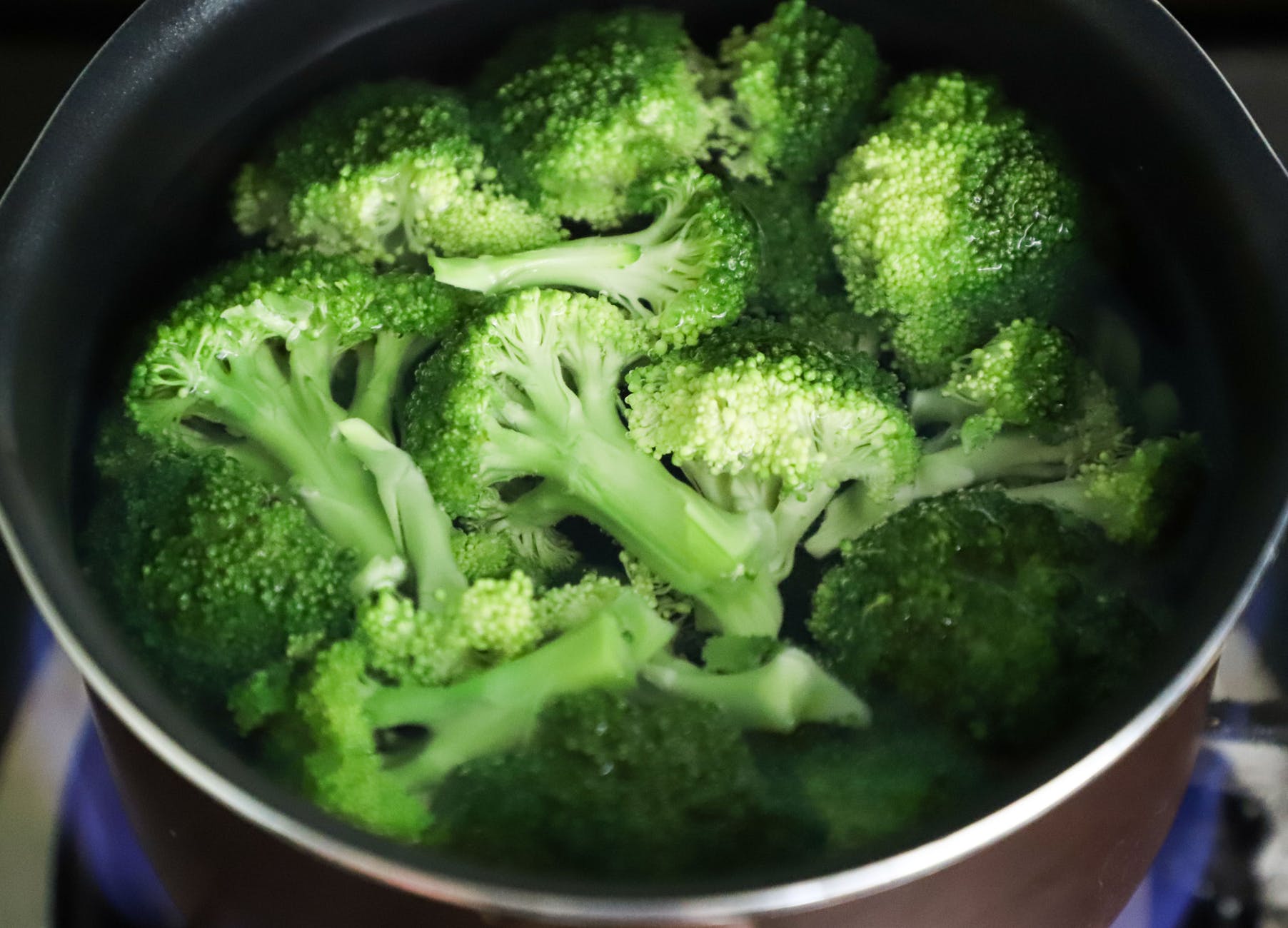
PowerFoods are nutritionally-dense and are super good for one’s health. They are mainly plant-based but fish and some dairy products like yoghurt or fermented drinks can be included too.
These foods are rich in antioxidants, they help to neutralize free radicals in the body and are good for patients mainly suffering from cancer. They help reduce inflammation, improve immunity and being high in fibre and healthy fats, are good for patients suffering from diabetes and heart diseases.
Consuming a good variety of nutritious foods, in the right quantities, is the key to a healthy diet. Superfoods do not necessarily mean expensive, exotic foods, they refer to unprocessed fresh foods that are often included in our daily diet.
Some common PowerFoods are:
- Dark green leafy vegetables like Kale, Spinach, Mustard greens, Broccoli etc. They are rich in vitamins A, C and K as well as contain magnesium, calcium, fibre and other minerals. One can use them to make soups, smoothies and salads or stir-fry or for making curries. They are beneficial in fighting certain chronic illnesses like type 2 diabetes or heart diseases. Having anti-inflammatory properties, they also help in preventing certain types of cancers.
- Berries like blueberries, cranberries, strawberries or blackberries have strong antioxidant properties and are associated with reduced risk of heart disease, cancer and other inflammatory conditions.
- Beans and legumes are rich in vitamin B, protein and insoluble fibre which help in reducing cholesterol, type 2 diabetes and blood pressure.
- Sweet potatoes are rich in potassium, fibre, vitamin C and A, are also rich in a type of antioxidant called carotenoids which help in controlling blood sugar levels in patients with type 2 diabetes.
- Nuts and seeds like almonds, pistachios, walnuts, sunflower seeds, flax seeds, pumpkin seeds and chia seeds are high in fibre, vegetarian protein and healthy fat. Being nutritionally dense, eating a handful of them is a good snacking option for those working towards weight loss. Of course, they are heart-friendly too.
- Green Tea is rich in polyphenol which has the ability to protect us against serious ailments like heart disease, diabetes and cancer.
- Fermented drinks/yoghurt help in improving digestion, reduce cholesterol levels, blood pressure and are beneficial for people suffering from lactose intolerance.
- Garlic is a nutrient-rich food used for medical conditions like cholesterol, diabetes and heart disease. It is rich in manganese, vitamin B6, selenium and fibre.
- Turmeric (curcumin) has many medicinal properties and is widely used for anti-inflammatory conditions. It is proven to be effective in treating or preventing many chronic diseases. For enhancing its absorption, pair it with black pepper.
- Salmon is one of the richest sources of Omega 3 fatty acids and helps in reducing inflammation.
- Avocado is highly nutritious. It is rich in healthy fats like MUFA, fibre and other vitamins and minerals. It plays an important role in reducing the risk of metabolic syndrome and heart diseases.



You must be logged in to post a comment.